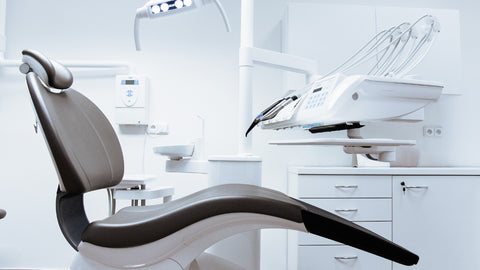A patient with bleeding gums, lying back on the dental chair, asks his dentist, “Don’t they make instruments that aren’t so sharp to fix gum bleeding problems?” The dentist smiles and replies, “Sure do. You probably aren’t familiar with them; they’re called floss and a toothbrush.”
Bleeding gums treatment is often necessary when gum disease is present due to poor oral health care, though it can also result from other health-related conditions and should not be neglected. From gingivitis or periodontitis to vigorous brushing, these issues can make gums sensitive and prone to bleeding.
Below are some reasons for bleeding gums when brushing or flossing:
- Gingivitis
Gingivitis is to your teeth what kryptonite is to Superman—it renders both powerless. Gingivitis, or inflammation of the gums, is caused by plaque or bacteria buildup on the teeth. If not removed by brushing and flossing, it can lead to an infection of the gums. Left untreated, gingivitis can progress to periodontitis. Symptoms include swollen gums, soreness, or bleeding around the gums.
- Periodontitis
If you suffer from gingivitis and leave it untreated, it can progress into periodontitis—a serious infection that damages the soft tissue, destroys the bone supporting your teeth, and may cause teeth to loosen or fall out. Periodontitis is common but largely preventable.
- Vitamin Deficiencies
A deficiency in key vitamins, particularly Vitamins C and K, can result in bleeding gums. While this is not a common issue in developed countries, children and adults with poor nutrition can experience gum bleeding due to these deficiencies.
Other reasons
- Ill-fitting or tight dentures can cause gums to bleed. It’s important to consult your dentist to address this.
- Hormonal changes during pregnancy can lead to gum sensitivity.
- Bleeding disorders such as leukemia or hemophilia can increase the likelihood of gum bleeding. Blood-thinning medications like aspirin, warfarin, and heparin may also cause gums to bleed more than usual.
Preventing gum problems takes a little effort. Brush your teeth twice a day, after meals, using a good toothbrush. Carry interdental brushes when you're on the go and don’t have access to your daily-use oral care products.


